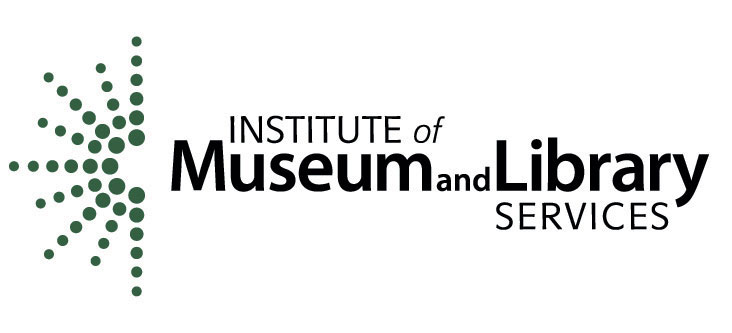This list is not exhaustive but does include some tips and strategies that we have found over the course of creating this toolkit and process:
- Issues of socioeconomic status, education level, and class can come up when a group includes people whose compensation levels are varied (and especially when including unpaid staff and volunteers).
- Do compensate part-time staff and volunteers for their time when it may be outside their regular schedule.
- Respect the commitments of those staff or volunteers who may have other jobs or who are primary household caregivers.
- Ensure that the voices and perspectives of senior leadership or management staff do not overwhelm or silence the voices and perspectives of other staff or volunteers.
- Governing authority members or staff in leadership or management roles must abide by any non-retaliation or whistleblower policies that the organization has in place. Including a comment box where staff can submit concerns about accessibility and inclusion anonymously can help give voice to staff who may be worried about publicly coming forward with concerns.
- Be sure to provide extra space and support for people from historically marginalized populations. Do not ask individuals to represent an entire population, but respect individual lived experiences. And be mindful that some people may reject the label “disabled.”
- Accessibility work often involves major shifts and changes in attitudes, processes, and cultural norms and change can be challenging. When someone says: “This is the way we’ve always done things,” ask: “Why?”
The Partners and Advisors Guide also offers some tips and support for engaging in accessibility work, finding partners, and facilitating discussions. Some other resources to help support partnerships:
- Partner Power: A Technique for Building More Authentic Community Partnerships Right from the Start (OF/BY/FOR/ALL)
Most of all, acknowledge that mistakes might happen, but be sure to use these as learning opportunities and keep moving forward!
Content is available under Creative Commons Attribution unless otherwise noted.


